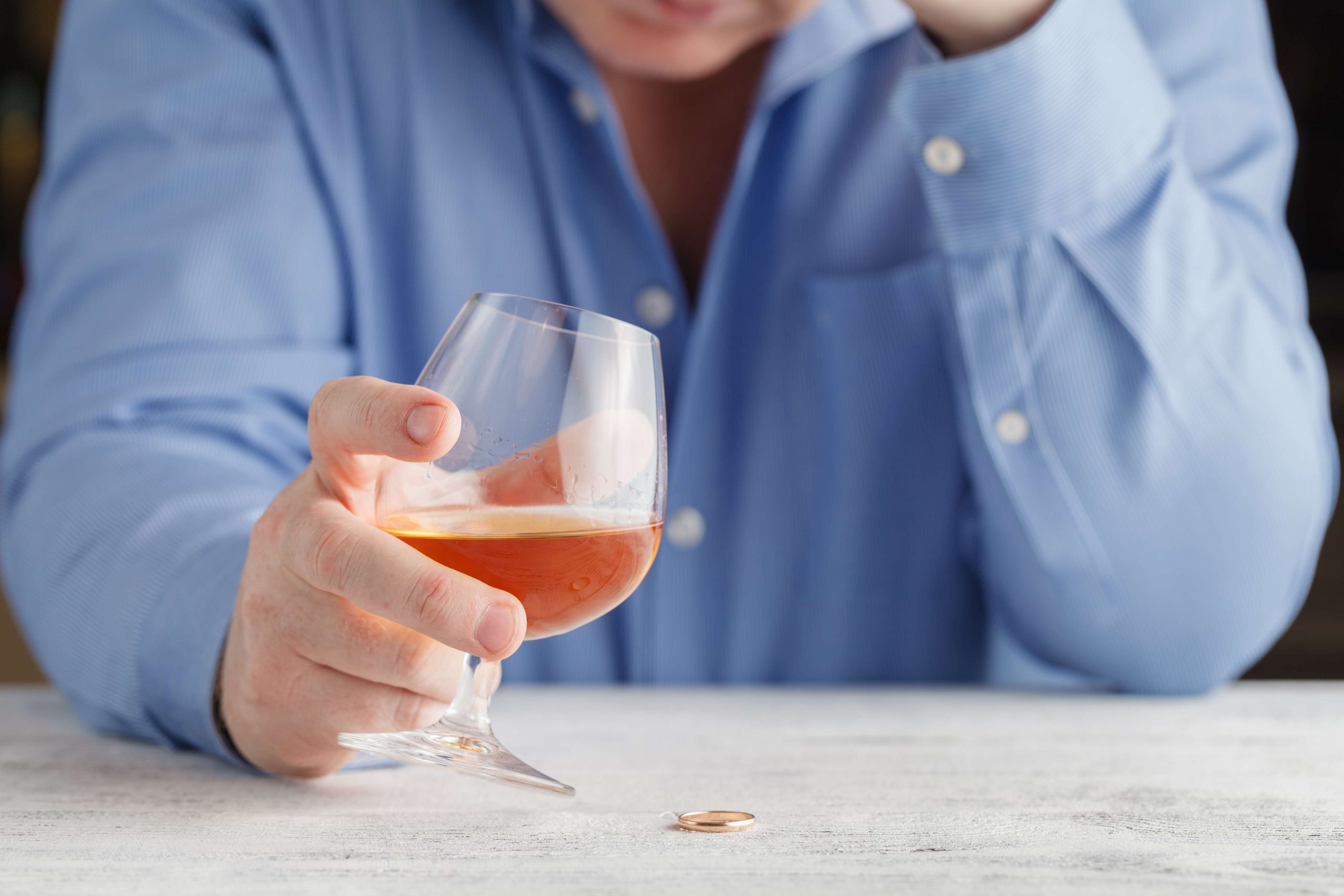Content
Attributions are made to try to resolve or justify the discrepancy. In this case, individuals try to explain to themselves why they violated their goal of abstinence. While a person may physically abstain from using drugs or alcohol, their thoughts and emotions may have already returned to substance abuse.
- Instead, they should promote the notion that slips should be addressed immediately and that individuals can learn from them and improve.
- Based on the classification of relapse determinants and high-risk situations proposed in the RP model, numerous treatment components have been developed that are aimed at helping the recovering alcoholic cope with high-risk situations.
- A good clinician can recognize the signs of an impending AVE and help you to avoid it.
- In these situations, the drinker focuses primarily on the anticipation of immediate gratification, such as stress reduction, neglecting possible delayed negative consequences.
- In a recent review of the literature on relapse precipitants, Dimeff and Marlatt also concluded that considerable support exists for the notion that an abstinence violation effect can precipitate a relapse.
The idea of AVE also describes the behavior of dieters who overindulge when they exceed their daily calorie goal because they consider that the day is lost. For example, if dieters eat “forbidden” foods (e.g., a piece of brownie) their diet is ruined. They have impulsive thoughts, like ‘‘I’ve already blown my diet, I might as well continue to eat,’’ and start overeating.
Thoughts on Responding to Client Resistance
Identifying High Risk Situations is one of the primary strategies in relapse prevention therapy. A common pattern of failures for chronic dieters and addicts occur when they “fall off the wagon” by violating their diets or consuming the addictive substance. This is a case when minor lapses snowball into self-control collapse. Dimeff LA, Marlatt GA. Preventing relapse and maintaining change in addictive behaviors. Relapse rates for alcohol use disorders were estimated to be 68.4 percent. Joe has been attempting to recover from an alcohol use disorder.
At Delphi, we provide a complete continuum of care in order to best meet the needs of our patients. To achieve lasting results, we implement individualized treatment planning in both residential and outpatient settings. The unique quality of our treatment methods comes from our commitment to on-demand care, comprehensive clinical therapies, and compassionate staff. Coupled with the intimate atmosphere cultivated by each of our facilities, our client-first approach is geared toward treating the root of addiction and facilitating lasting sobriety. This helps you to understand how and why certain situations influenced you and remind you that you have the power to control lapsing.
Relapse prevention and management module
Our clinically-proven methods, prime location, and dedicated staff of fully licensed clinical and medical professionals allow us to use a client-centered approach to addiction treatment. Everyone in recovery is aware that relapse can happen no matter how long he or she has been sober. Working to prevent relapse and developing abstinence violation effect a plan when relapse occurs is the best defense, but not everyone in recovery focuses on it. Prevention of the abstinence violation effect can begin in treatment. Positive coping skills are critical to nipping the AVE in the bud. A good treatment program should explain the difference between a lapse and relapse.
In relapse “set ups,” however, it may be possible to identify a series of covert decisions or choices, each of them seemingly inconsequential, which in combination set the person up for situations with overwhelmingly high risk. These choices have been termed “apparently irrelevant decisions” , because they may not be overtly recognized as related to relapse but nevertheless help move the person closer to the brink of relapse. The majority of people who have gone through treatment for substance addiction will experience some kind of “triggering” event, leading to an initial fall back to the undesired behavior (e.g. substance use), known as a lapse. Research has indicated that the majority of individuals who receive treatment for a substance use disorder will experience a lapse.
Addiction Treatment For Everyone.
People with effective coping responses have confidence that they can cope with the situation (i.e., increased self-efficacy), thereby reducing the probability of a relapse. Conversely, people with ineffective coping responses will experience decreased self-efficacy, which, together with the expectation that alcohol use will https://ecosoberhouse.com/ have a positive effect (i.e., positive outcome expectancies), can result in an initial lapse. This lapse, in turn, can result in feelings of guilt and failure (i.e., an abstinence violation effect). The abstinence violation effect, along with positive outcome expectancies, can increase the probability of a relapse.
- Emotional relapses can be incredibly difficult to recognize because they occur so deeply below the surface in your mind.
- Attributions are made to try to resolve or justify the discrepancy.
- Seeking help in time can prevent you from slipping into uncontrolled active addiction.
Alcoholics Anonymous has a slogan that speaks to the importance of being prepared; change people, places, and things. Preparing to avoid the expected triggers that can initiate an urge to drink will increase the likelihood of avoiding lapses. In addition, should use occur, viewing it as a lapse rather than a failure—not to mention an opportunity to learn something new about preventing potential future risks to recovery—increases the likelihood of maintaining.
His issue with drinking led to a number of personal problems, including the loss of his job, tension in his relationship with his wife , and legal problems stemming from a number of drinking and driving violations. He lost his license due to drinking and driving, and as a condition of his probation, he was required to attend Alcoholics Anonymous meetings. Many organizations, such as 12-Step programs like Alcoholics Anonymous, will often point to the notion that even thinking about using alcohol again represents a potential sign of a relapse. These differing definitions make the notion of a relapse rather vague, but sticking to the above traditional notions of a slip or lapse versus a full-blown relapse is most likely the only concrete solution to defining these behaviors.



